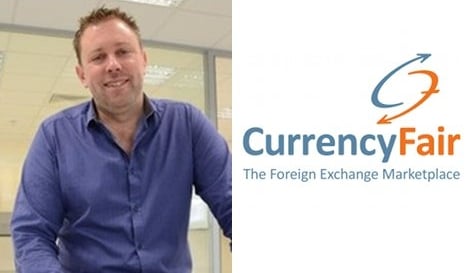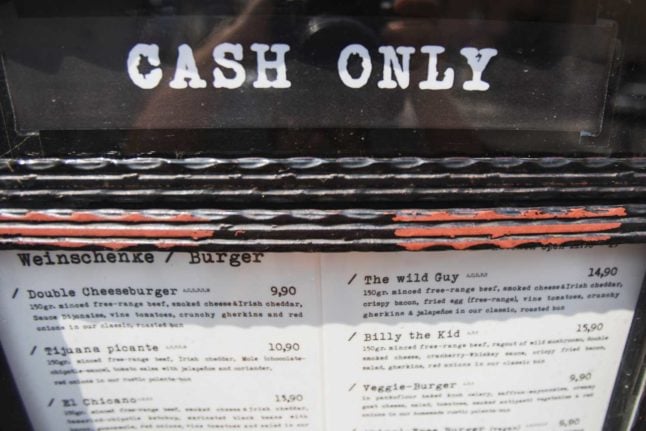The cost of moving to a new country may well mean leaving your family and friends behind, but the move can also bring a wealth of new experiences. The chance to learn a foreign language and taste different culinary delights are both culturally enriching. But when it really comes to money matters, transferring currency can leave you feeling like you lost out.
With family or even a home overseas, there’s a good chance you need the services of international banking and, when you are forced to transfer money at a loss, it can be pretty frustrating.
It’s an issue that Australian Brett Meyers became all too well aware of after moving to Ireland. “I often needed to transfer money back home and got stung on a bank transfer, losing hundreds with a really poor exchange rate, and decided not to get ripped off anymore," he says.
With a combined background in technology and finance, Meyers and a group of colleagues set out to solve the problem, creating the online marketplace CurrencyFair that was launched in 2010.
“We came up with a way of transferring money internationally without involving international transfers,” he adds. “It works on the principle that I might be sending euros back home to Australia for Christmas, at the same time there’s plenty of people with Aussie dollars that want euros – for example, a person who emigrated there needs to send money back to pay the mortgage.”
With CurrencyFair, an individual can sell currency in exchange for buying another from someone else. It allows people to either exchange immediately using the best rate currently available, or offer your funds at a rate of your choosing and wait for another customer to match you.
For a €3 fee, the funds are deposited with CurrencyFair, which ensures the transaction is completed between accounts. By cutting out the banking middleman, Meyers says the model is 90 percent cheaper than using banks.
“You can save up to €60 when you consider all the sending and receiving charges and on top of that an average of three percent on the exchange rate,” Meyers says.
Learn more by visiting the CurrencyFair website
CurrencyFair is secure as the site is registered as a payment institution under a European directive, specifically designed to open up the payment market to non-banks and introduce more competition. It means that CurrencyFair is regulated to provide and execute payment services.
CurrencyFair offers 20 currencies, in which to buy and sell, including Norwegian kroner. And with €1.25bn already exchanged between members, customers have saved an estimated €60 million.
“Banks are clever in hiding the charges,” says Meyers. “People have no idea how much they are losing on the exchange rate – they just see the fixed fee. That’s what we need people to understand with our service – it’s about real, concrete savings.”
This article was produced by The Local and sponsored by CurrencyFair



 Please whitelist us to continue reading.
Please whitelist us to continue reading.